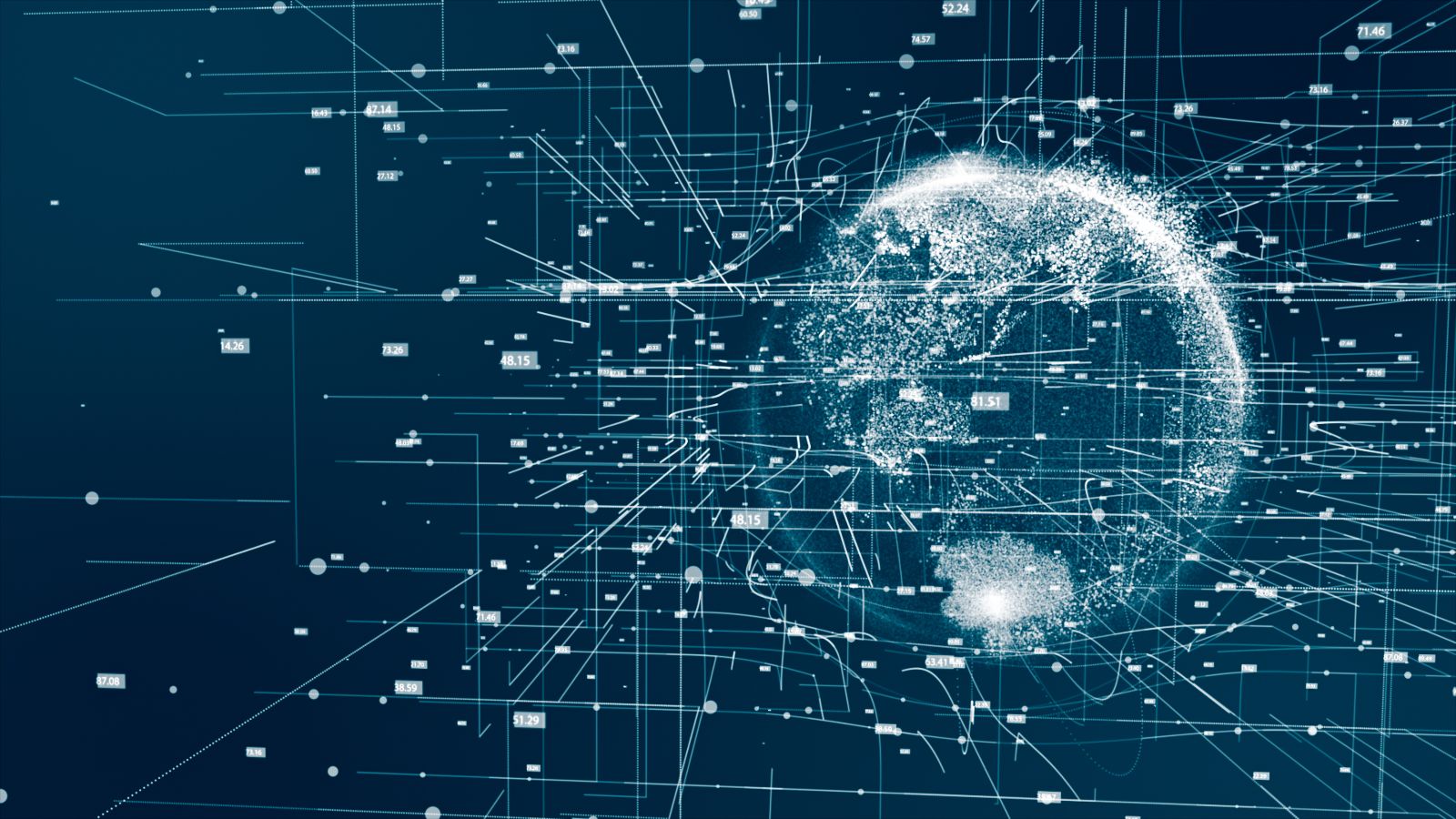
Redeia, as a global manager of essential infrastructures, is aware of the great advances achieved in the field of artificial intelligence in recent years. Therefore, there is a clear commitment to explore the benefits of generative AI to increase efficiency in our processes and, in this sense, the group's technology platform, Elewit, is the channel through which the different companies and business units of the group develop innovation projects that allow us to evaluate their effectiveness in the various processes and lines of business.
In this sense, from Elewit, in collaboration with the Grid Access Department, innovation projects are being addressed to evaluate generative AI services. Specifically, they are exploring how LLMs (Large Language Models) can help in the generation of very specific content, based on manually elaborated technical and legal documents. While these large models are undoubtedly powerful and multiple alternatives exist, it is essential to test, evaluate and validate their results before fully integrating them into your business operations.
It must be taken into account that documentation analysis involves a high workload due to the large volume of information involved. This documentation is also heterogeneous, with many formats, wordings, regulations, etc. As a result, the essence of generative artificial intelligence lies in its ability to learn complex data patterns and distributions. In addition, it is able to generate new data that resembles training. Some of the main benefits of generative artificial intelligence are:
- It allows extracting information from the content of a specific document database that includes multitude of sources.
- It speeds up information gathering processes and reduces search and classification time in the document database for business technicians.
- It is a complementary tool that helps business technicians to classify documents and contents, search for information in an internal knowledge base and generate information based on experience and business knowledge.
These features have led Elewit to consider it a very good opportunity to explore the benefits offered by generative AI, streamlining processes that require analysis and summary of extensive and heterogeneous documentation. Thus, together with this department, a Proof of Concept has been developed to evaluate and validate the advantages offered by this technology compared to others. The objective of this Proof of Concept has been the evaluation of this type of artificial intelligence model in the following points:
- Extraction of the content of a specific heterogeneous document base.
- Analysis as a complementary tool to help business technicians in the document and content classification, and for information searching in an internal knowledge database.
In order to develop the Proof of Concept, GFT, has collaborated as a technology supplier and experts in generative AI solutions. The results obtained through this Proof of Concept have confirmed that generative AI is a potential key technology in this type of business processes in which knowledge of the applicable legislation and existing precedents, as well as technical knowledge, play a fundamental role.
In this sense, Elewit continues to work together with the Grid Access department on various use cases applying generative AI to improve efficiency in processes, either with these algorithms or with others that may be developed and that guarantee ethical and responsible management of the use of data.